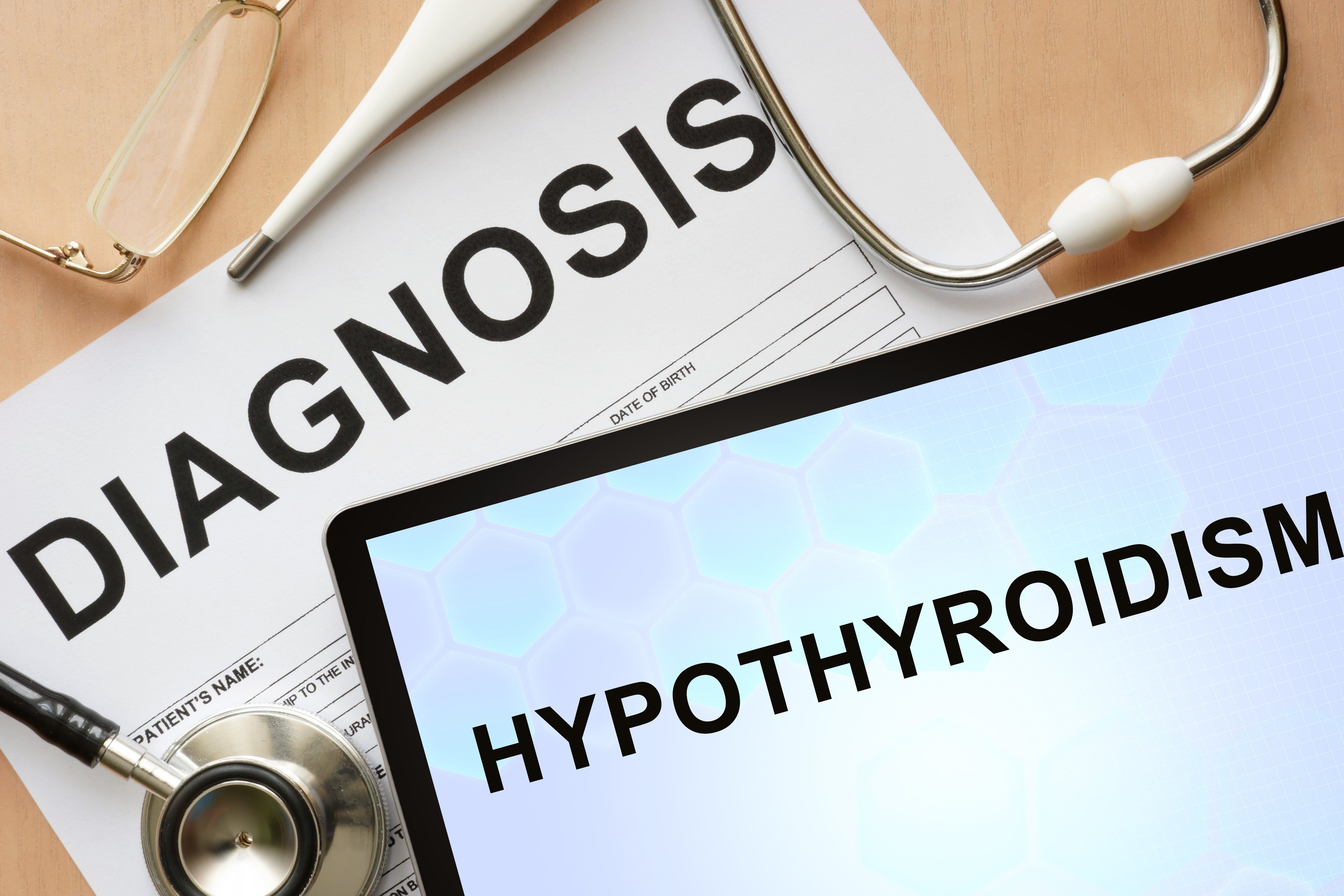L-Thyroxine Ineffective In Patients With Subclinical Hypothyroidism, Study Says
The common synthetic thyroid medication L-thyroxine has been shown to be ineffective in reducing symptoms in patients with subclinical hypothyroidism (SCH), according to a study published in the Annals of Internal Medicine.
Vitalii Vodolazskyi@AdobeStock_85394985

The common synthetic thyroid medication L-thyroxine has been shown to be ineffective in reducing symptoms in patients with subclinical hypothyroidism (SCH), according to a study published in the Annals of Internal Medicine.
The results come from a secondary analysis of the recent TRUST trial (Thyroid hormone Replacement for Untreated older adults with Subclinical hypothyroidism Trial). TRUST is a randomized trial which compared thyroid hormone treatment with placebo among adults aged 65 and older with SCH. The researchers found that patients who were treated with the thyroid medication did not experience greater improvement in symptoms, quality of life, or handgrip strength regardless of the severity of their symptoms before treatment.
Although researchers are still debating whether a subset of patients with subclinical hypothyroidism who have greater symptoms might still benefit from treatment with the drug, they say that in the absence of another randomized clinical trial specifically designed for persons with SCH and high symptom burden, these results do not support routine use of L-thyroxine therapy for these patients.
What treatment options remain, in the absence of L-thyroxine? “There is currently no evidence for any alternative treatment to L-thyroxine," explains Maria de Montmollin, MD, lead author on the study. "However, the question is if person with subclinical hypothyroidism (SCH) really needs any treatment. The symptoms attributed to SCH are common and nonspecific, such as dry or itching skin, sensitivity to cold or low energy and tiredness. Many persons with normal thyroid function also have those symptoms. It is possible, that there are other causes of those symptoms and the SCH is only an incidental finding."
L-thyroxine is one of the most commonly prescribed drug in the US and in Europe. De Montmollin believes that physicians should reconsider offering this medication to older adults with SCH, even those with consistent symptoms, because there is no clear evidence for its benefit. And while L-thyroxin is generally safe, it can lead to adverse effects like cardiac arrhythmias or bone fractures as well as unnecessary costs for the patient and for the health system.
For a free patient summary: http://annals.org/aim/article/doi/10.7326/P20-0005